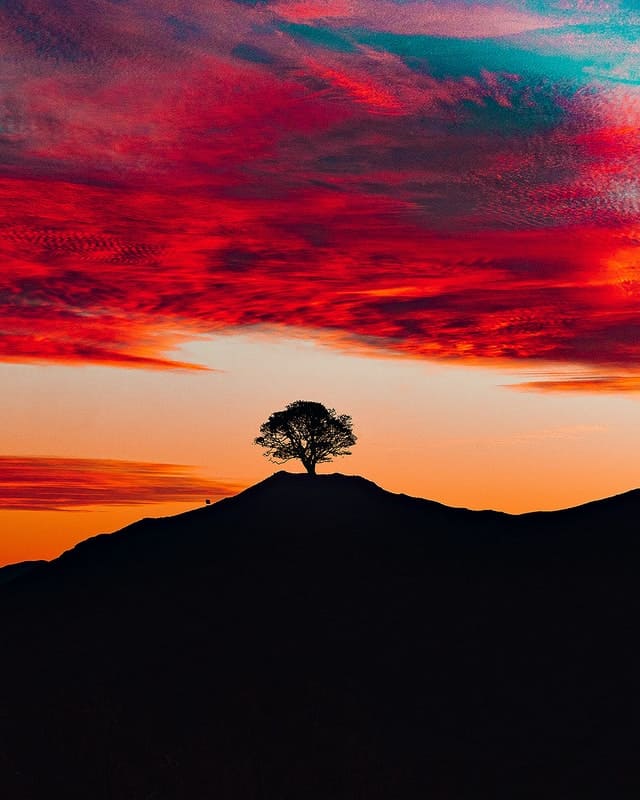As I mentioned previously, I wanted to give the world of We Gather an ancient aesthetic. I wanted for the reader to feel at all times like they were a long way from home, in a place where people don’t think the way we expect for people to. The civilization at the action’s center has values we recognize, even agree to be important; they’re just pushed several slots down a list of moral priorities, behind concepts these people judge wrongheaded or frivolous.
One theme that leapt out at me as I read up on ancient civilizations was a brand of theism that embraced other peoples’ deities. In Sumer and Babylon, people conceptualized war not only as a battle between 2 city-states’ citizens, but their gods. Enemies weren’t described as unbelievers or heathens: their gods were locked in struggle for wealth and territory, their people waging war in service to them. The vanquished god wasn’t disproved or shown to be false but cast down by the people who defeated it.

Sure, your gods made you and the world you were born into. But there was something of a question mark when you hit the horizon. Who those people were and what brought them into being, well, that’s where it got tricky.
I loved this perspective for several reasons. That humans are mere servants to our creators lends itself to a hierarchical society with no conception of equality or universal justice. And the notion that people aren’t ready to speak to anything beyond the edge of the map they’re familiar with, to say ‘this can’t be real, this isn’t how things work,’ contributes to that sense of antiquity I wanted. People felt small relative to the world they inhabited; they didn’t feel like they were masters of their environment.

The civilization at the center of my map is an empire that long ago conquered most of the region, assimilating other peoples and adopting their gods into its pantheon. But there are lots of characters from beyond its borders, too. People who look at the world differently, who give homage to gods not Barrachite. Who practice totally different traditions of magic.
Of all the outsiders, maybe the most peculiar are the Warlock-Barons. They inhabit the frozen woodlands beyond the tiny band of Northland kingdoms crushed against Barracheh’s northern flank. Descended from rebels who left the restrictive social traditions of the Northlands in pursuit of freedom and a right to define their own identities, in a prior age they struck bargains with wild spirits to give themselves powers not otherwise found in human beings.
Our Warlock-Baron is an exception for many reasons. He’s young, new to the position, just testing the full power of his bloodline’s bequest. Still trying to decide how he feels and where he fits within the tradition his mother handed down to him. So, here’s a glimpse.
“VEX: His chin is pointed; his entire face is pointed. The look he’s giving you is pointed too. His brows are wider at their outer edges than they are at the center of his face, one ever-so-slightly hitched as he looks back at you. His thin lips bend into the beginnings of what might become a smirk or a sneer, just revealed on either side a hint of white—pointed, you guessed right—as if his incisors are larger than you would expect them to be. His skin is very pale, hair white-blond and tousled, the irises of his silvery-blue eyes too big. From his forehead protrude a pair of fluting horns no longer than a finger, thin and delicate, like the prongs of a yearling antelope. His clothing is dark, woolen, warm and concealing, understated as a whole, but his horns are capped in gold. The first thing you think when you look at him is: how did his mother know? But perhaps he simply grew into it.”
Next week: the cover!

Comments are closed